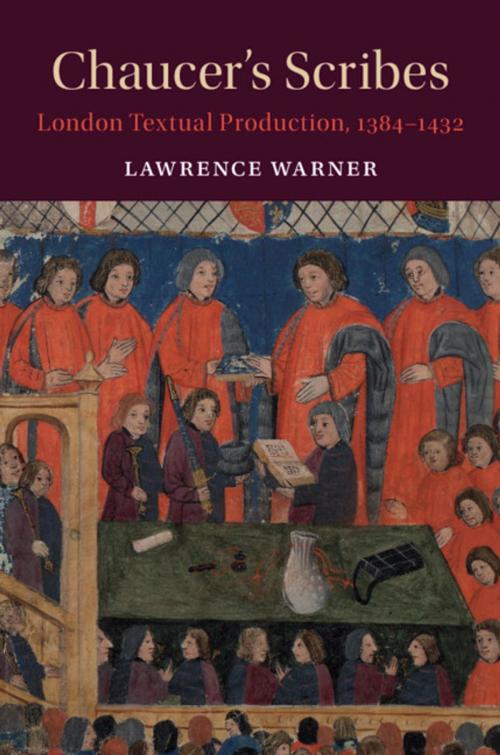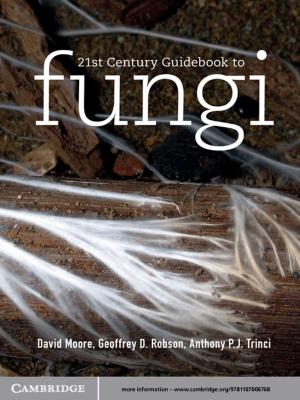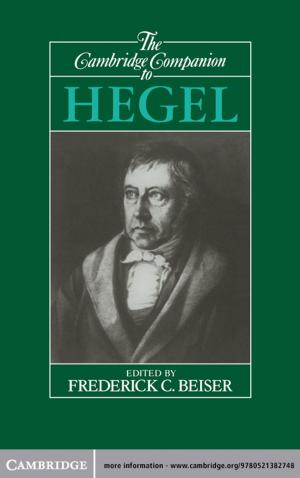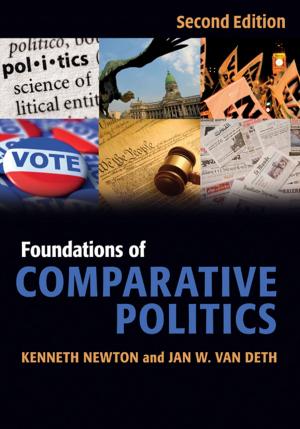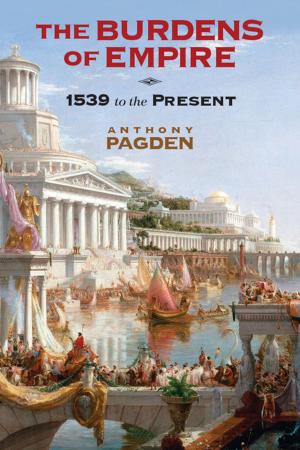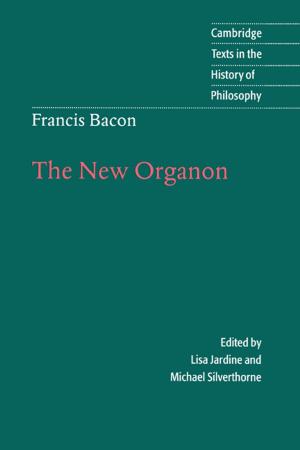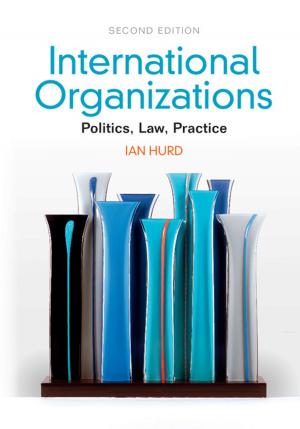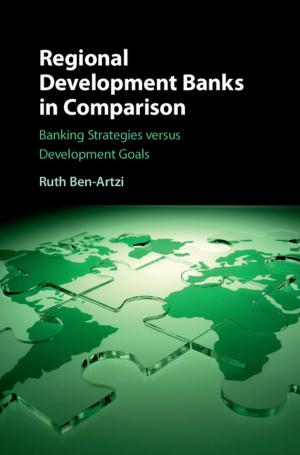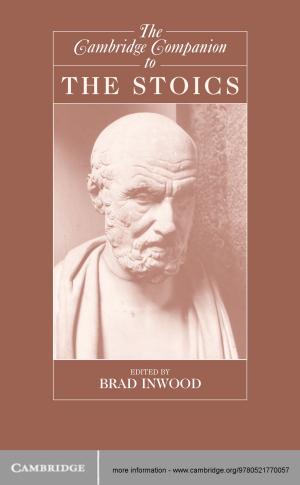Chaucer's Scribes
London Textual Production, 1384–1432
Fiction & Literature, Literary Theory & Criticism, British, Nonfiction, History| Author: | Lawrence Warner | ISBN: | 9781108640992 |
| Publisher: | Cambridge University Press | Publication: | August 31, 2018 |
| Imprint: | Cambridge University Press | Language: | English |
| Author: | Lawrence Warner |
| ISBN: | 9781108640992 |
| Publisher: | Cambridge University Press |
| Publication: | August 31, 2018 |
| Imprint: | Cambridge University Press |
| Language: | English |
The 2004 announcement that Chaucer's scribe had been discovered resulted in a paradigm shift in medieval studies. Adam Pynkhurst dominated the classroom, became a fictional character, and led to suggestions that this identification should prompt the abandonment of our understanding of the development of London English and acceptance that the clerks of the Guildhall were promoting vernacular literature as part of a concerted political program. In this meticulously researched study, Lawrence Warner challenges the narratives and conclusions of recent scholarship. In place of the accepted story, Warner provides a fresh, more nuanced one in which many more scribes, anonymous ones, worked in conditions we are only beginning to understand. Bringing to light new information, not least, hundreds of documents in the hand of one of the most important fifteenth-century scribes of Chaucer and Langland, this book represents an important intervention in the field of Middle English studies.
The 2004 announcement that Chaucer's scribe had been discovered resulted in a paradigm shift in medieval studies. Adam Pynkhurst dominated the classroom, became a fictional character, and led to suggestions that this identification should prompt the abandonment of our understanding of the development of London English and acceptance that the clerks of the Guildhall were promoting vernacular literature as part of a concerted political program. In this meticulously researched study, Lawrence Warner challenges the narratives and conclusions of recent scholarship. In place of the accepted story, Warner provides a fresh, more nuanced one in which many more scribes, anonymous ones, worked in conditions we are only beginning to understand. Bringing to light new information, not least, hundreds of documents in the hand of one of the most important fifteenth-century scribes of Chaucer and Langland, this book represents an important intervention in the field of Middle English studies.
